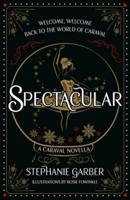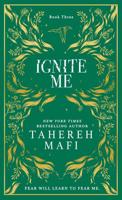Publisher's Synopsis
"Innocently to amuse the imagination in this dream of life is wisdom." So wrote Oliver Goldsmith; and surely among those who have earned the world's gratitude by this ministration he must be accorded a conspicuous place. If, in these delightful writings of his, he mostly avoids the darker problems of existence-if the mystery of the tragic and apparently unmerited and unrequited suffering in the world is rarely touched upon-we can pardon the omission for the sake of the gentle optimism that would rather look on the kindly side of life. "You come hot and tired from the day's battle, and this sweet minstrel sings to you," says Mr. Thackeray. "Who could harm the kind vagrant harper? Whom did he ever hurt? He carries no weapon save the harp on which he plays to you; and with which he delights great and humble, young and old, the captains in the tents, or the soldiers round the fire, or the women and children in the villages, at whose porches he stops and sings his simple songs of love and beauty." And it is to be suspected-it is to be hoped, at least-that the cheerfulness which shines like sunlight through Goldsmith's writings, did not altogether desert himself even in the most trying hours of his wayward and troubled career. He had, with all his sensitiveness, a fine happy-go-lucky disposition; was ready for a frolic when he had a guinea, and, when he had none, could turn a sentence on the humorous side of starvation; and certainly never attributed to the injustice or neglect of society misfortunes the origin of which lay nearer home.


























